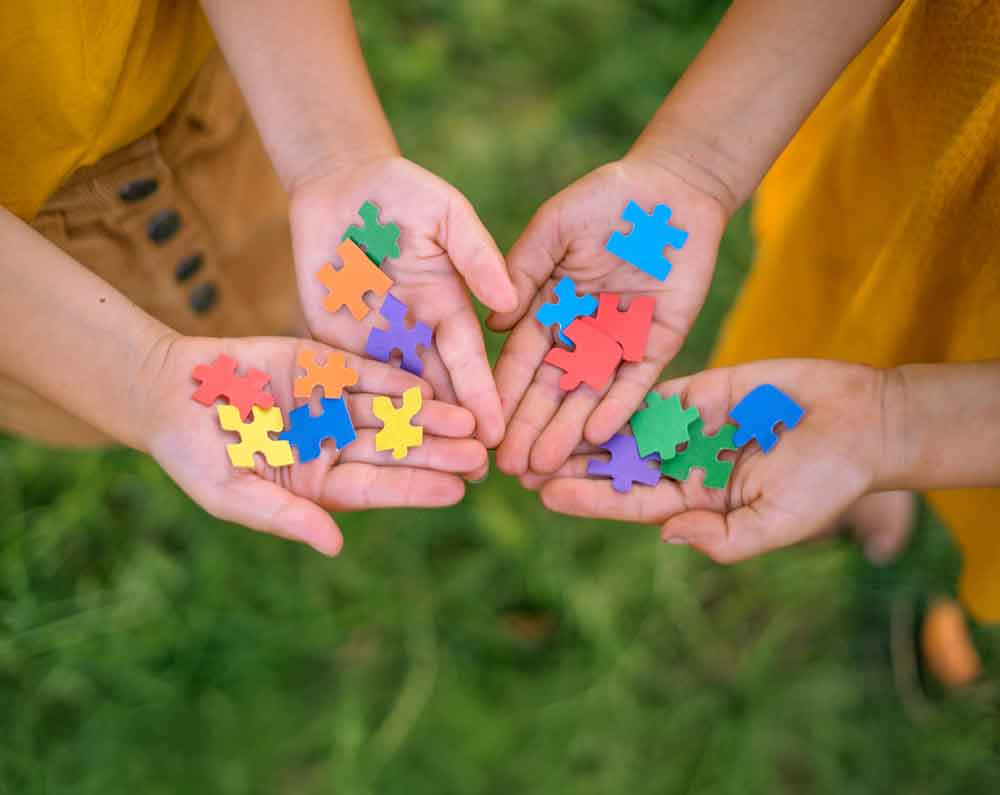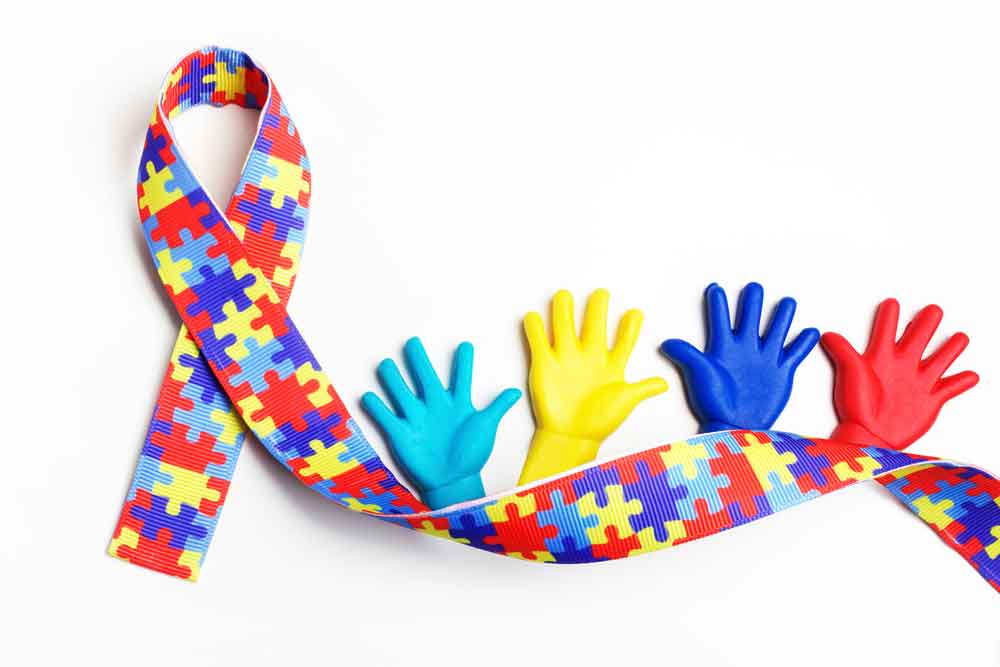Every year on April 2, the world observes World Autism Awareness Day—a day dedicated to raising awareness about Autism Spectrum Disorder (ASD) and recognising efforts that help integrate autistic individuals into society. Despite its prevalence, autism is often misunderstood, and misinformation continues to create barriers for those living with it.
What Is Autism?

Autism Spectrum Disorder (ASD) is a neurological and developmental condition that affects how a person interacts with others, communicates, and processes information. It is referred to as a "spectrum" disorder because it manifests differently in each individual, ranging from mild to more significant challenges in daily life.
People with autism may find social interactions challenging, have repetitive behaviours, and exhibit unique ways of learning and processing sensory information. It is the third most common developmental disorder globally.

Recent studies have highlighted the growing prevalence of autism in India. According to a 2021 study published in the Indian Journal of Pediatrics, approximately 1 in 68 children in India are diagnosed with ASD, with a higher incidence in boys, exhibiting a male-to-female ratio of about 3:1. Another study indicates that autism rates vary between 0.4 per cent in North Goa to 1.8 per cent in Haryana’s Palwal, reflecting regional disparities
In India, awareness about autism remains limited, leading to delays in diagnosis and intervention. Cultural stigmas and a lack of resources further complicate the situation, making it imperative to enhance public understanding and support systems.
What Causes Autism?
The exact cause of autism remains unclear, but a combination of genetic and environmental factors is believed to play a role. Some of the factors that may increase the likelihood of ASD include:
• Genetics: Changes in certain genes may contribute to the development of autism.
• Parental Age: A higher age of parents at conception has been linked to an increased risk of ASD in children.
• Maternal Health: Conditions such as diabetes, thyroid disorders, and obesity during pregnancy can elevate the risk.
• Environmental Factors: Exposure to heavy metals, pesticides, and air pollution during pregnancy may also contribute.
How Prevalent Is Autism in India?
Autism is more common in India than many realise. According to ETHealthWorld, around 18 million people in India are diagnosed with autism. Studies suggest that 1 to 1.5 per cent of children aged two to nine years have ASD.

Supporting a Child with Autism: Practical Tips
Caring for a child with ASD requires patience, understanding, and a structured approach. Here are some key aspects to consider:
• Clear Communication: Autistic children may struggle with non-verbal cues such as facial expressions or tone of voice. It is essential to verbalise emotions clearly.
• Literal Interpretation: Many children with ASD take words at face value. Avoid sarcasm, metaphors, or vague instructions.
• Consistent Routines: A structured environment helps autistic children feel secure and comfortable. Sudden changes can be distressing for them.
• Minimal Distractions: A quiet and organised space can help children with ASD focus better.

Communication Strategies
Effective communication can make a world of difference when interacting with an autistic child. Here are some tips to foster better understanding:
• Be Patient: Processing information may take longer, so speak slowly and clearly.
• Stay Calm: Autistic children may not always adhere to social norms when speaking. Instead of reacting with frustration, gently guide them.
• Encourage Small Wins: Positive reinforcement can boost confidence and motivate children to improve their communication skills.
• Respect Personal Boundaries: Some autistic children enjoy physical affection, while others prefer minimal contact. It is crucial to respect their comfort levels.

Raising awareness about autism is the first step towards creating a more inclusive society. By equipping parents, caregivers, and educators with the right knowledge, we can help autistic individuals lead fulfilling lives. Let’s use World Autism Awareness Day as a reminder to be more understanding and supportive of neurodivergent individuals—not just today, but every day.